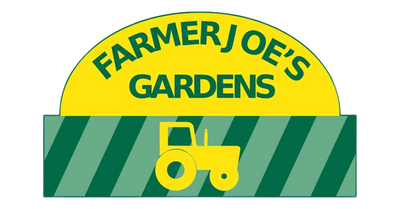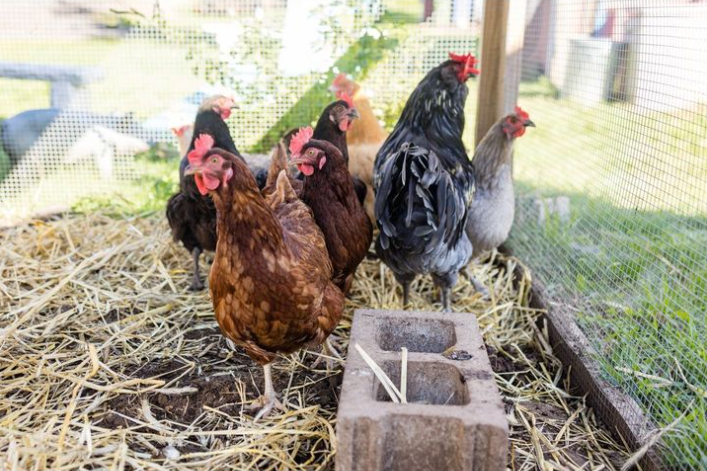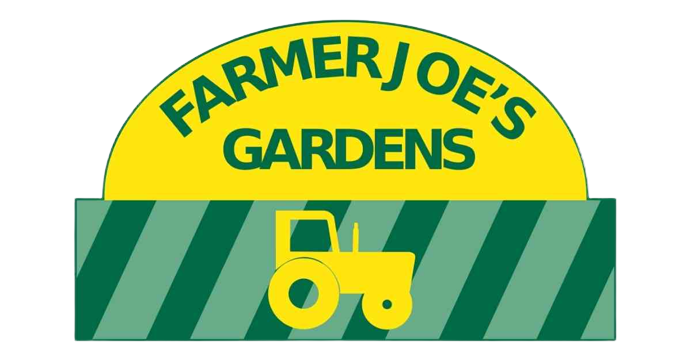Planting tips and resources
Internet Resources
Biological Control: A Guide to Natural Enemies in North America, Cornell University, Department of Entimology: Information and pictures on beneficial insects.
Cornell Garden-Based Learning, Cornell University, Department of Horticulture: General gardening information and tips on growing specific vegetables
International Seed Saving Institute: Fact sheets about seed saving and vegetables whose seeds are easy to save
National Center for Home Food Preservation, University of Georgia: a complete source of information about food preservation
National Climate Data Center, National Oceanic and Atmospheric Administration: "The world's largest archive of climate data" including average frost dates and worldwide climate data.
National Institute of Food and Agriculture, USDA: lots of great information and local coop extension office locators.
Ohioline: Yard & Garden, Ohio State University, College of Food, Agriculture, and Environmental Sciences: General gardening information and tips on growing specific vegetables.
Saving Vegetable Seeds: Tomatoes, Peppers, Peas and Beans, University of Minnesota Extension, article on vegetables whose seeds are easy to save.
Sustainable Agriculture Research and Education: Information and publications on sustainable agriculture, including cover crops.
Vegetable IPM, Texas A&M University: Excellent garden pest photos and "dedicated to integrated pest management for the home vegetable gardener"
What's Wrong with My Plant?, University of Minnesota Extension: help you identify vegetable plant diseases
Integrated Pest Management (IPM) is a sustainable approach to managing pests through the use of biological, cultural, and chemical methods. By combining these methods, gardeners can effectively control pests and reduce the risk of damage to their crops. IPM methods can effectively control pests like aphids, beetles, caterpillars, and more.


